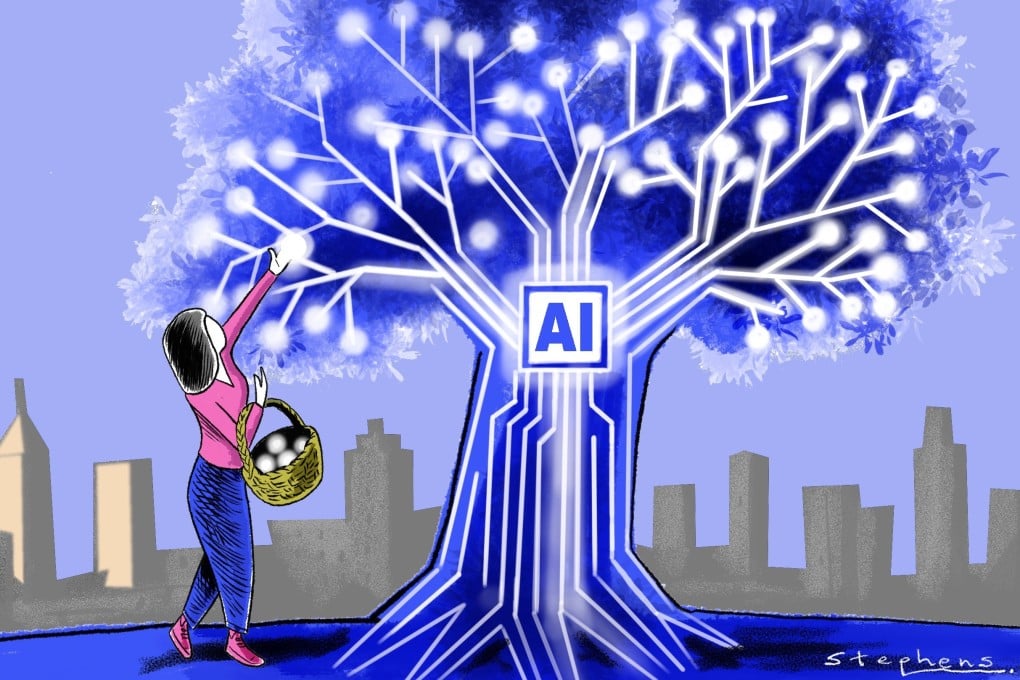Advertisement
Opinion | Hong Kong has a chance to shape AI based on its own values
- While artificial intelligence can reflect biases and put livelihoods at risk, existing models in Asia prove it can be tailored based on local needs
- Guided by ethics, Hong Kong’s application of AI has the potential to serve marginalised students, improve healthcare access and optimise traffic flows
Reading Time:4 minutes
Why you can trust SCMP
1

As artificial intelligence (AI) seeps into every facet of society, Hong Kong stands at a crossroads. Will we shape AI on our own terms, or be shaped by it? Current discussions focus on attracting AI investment and talent, without sufficient attention to where and how AI should be applied.
Advertisement
Other Asian cities are developing tailored AI models aligned with local contexts. Singapore has taken a unique approach with Southeast Asian Languages In One Network (SEA-LION), an open-source AI model designed to address the cultural mismatch of Western AI. It incorporates Southeast Asian languages, knowledge bases and sociocultural norms. Meanwhile, mainland China recently unveiled an AI system integrating President Xi Jinping’s ideology, showing how AI can become a tool to promote state agendas.
These models exhibit an inventive creativity in shaping AI to reflect the needs and priorities of their populations, rather than passively adopting an off-the-shelf technical tool. They offer examples of how AI can be localised in aspects ranging from language and terminology to underlying value systems and problem-solving methodologies.
Like any tool, AI is not neutral – it reflects its creators’ agendas and biases. Our collective goal should be to apply innovation towards major social priorities, not just solely for private motives driven by profit.
Hong Kong must brace itself, as the approaching AI shift could unsettle swathes of roles spanning retail, construction and more, limiting the options of those who are less skilled. Even if the impact is slow and gradual, it is still a worry, given that AI and automation have already increased downward wage pressure for those without higher education.
Advertisement
As the Industrial Revolution showed us, new technologies could wipe out entire classes of jobs and livelihoods, leading to prolonged misery even while benefiting society as a whole. In England, industrialisation was once a zero-sum battle where the gains of capitalists came at the expense of the impoverished class.

Advertisement
